In this article, I want to share the story behind my Great Composers & Their Music music history curriculum, which you might be interested in for your group classes or summer music camps. There’s also some freebies linked to below…keep reading!
The Great Composers & Their Music series is designed to be an easy and effective way for teachers to incorporate music history in their students’ musical education. Here’s the story of how this curriculum came to be.
In the summer of 2012, I decided I wanted to offer a music history camp for my students. It’s not easy to cover music history thoroughly during the private lesson setting, but I wanted my students to know the major composers and the style periods. Knowing these things helps students understand the pieces they are learning, appreciate music more, and make better decisions regarding interpretation and artistry. Music camps are a perfect opportunity for getting submerged in music history and learning a lot in just a few days!
When I took music history classes during college, my professor told us that one of her main goals was for us, by the end of the course, to be able to give a reasonable guess as to which time period a piece of music was composed — even when hearing a piece for the first time. I decided to adopt this very same goal for my students.
Continue reading “Highlight: Great Composers & Their Music lapbooks and Eras of Music History kit”




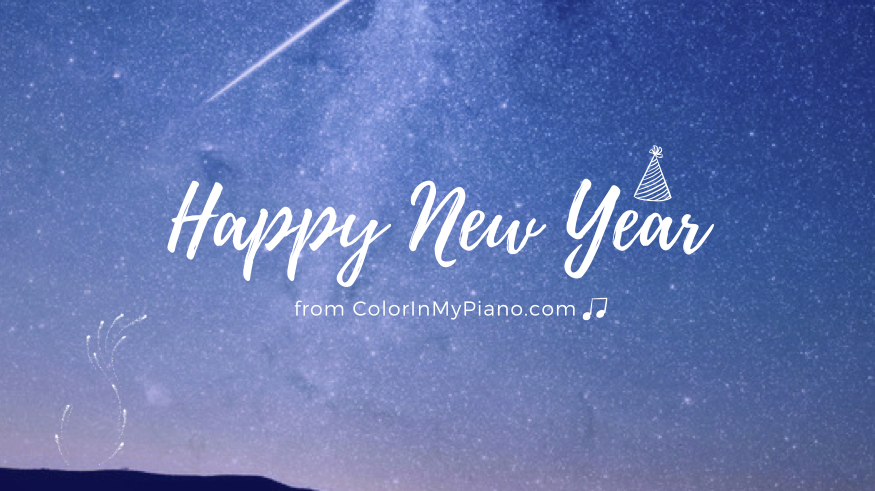
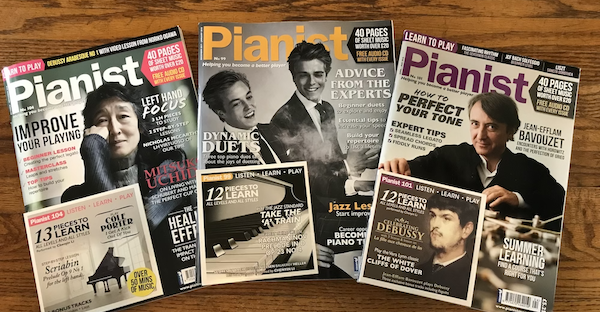
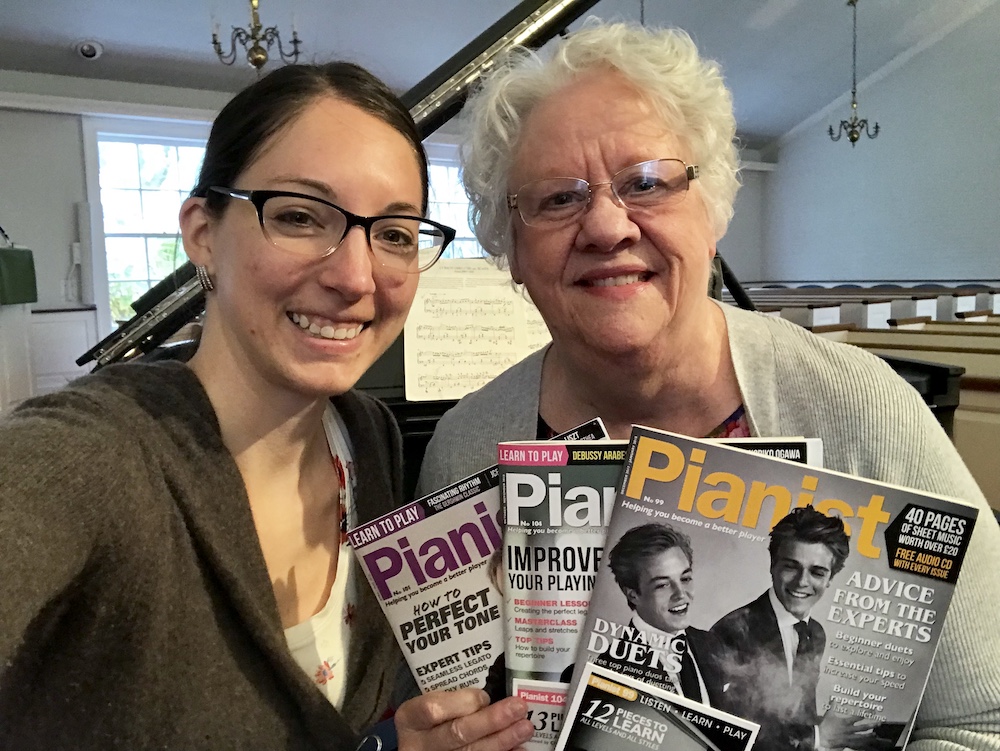
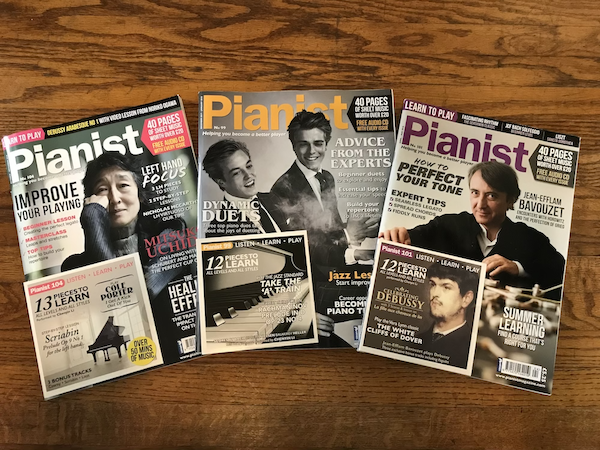
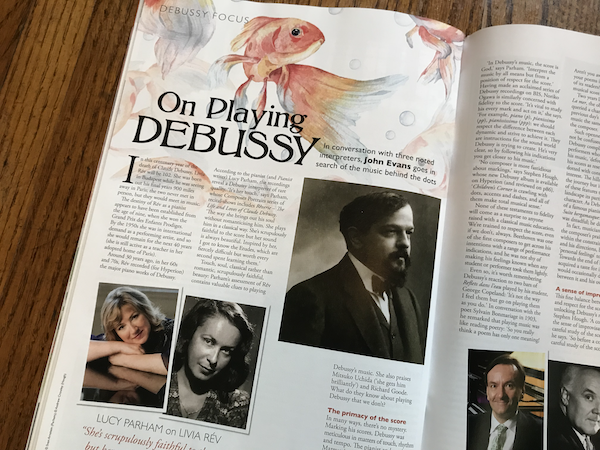
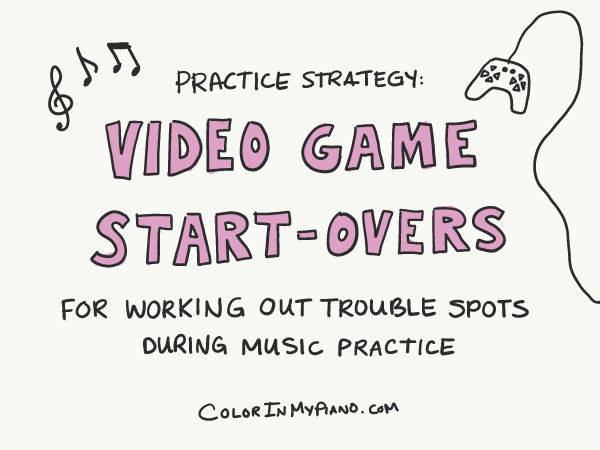
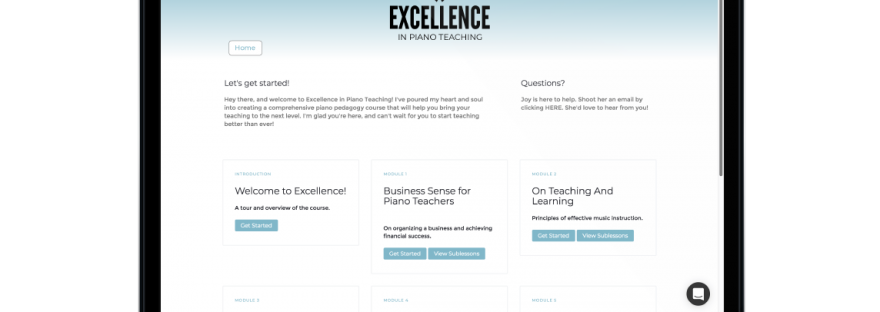
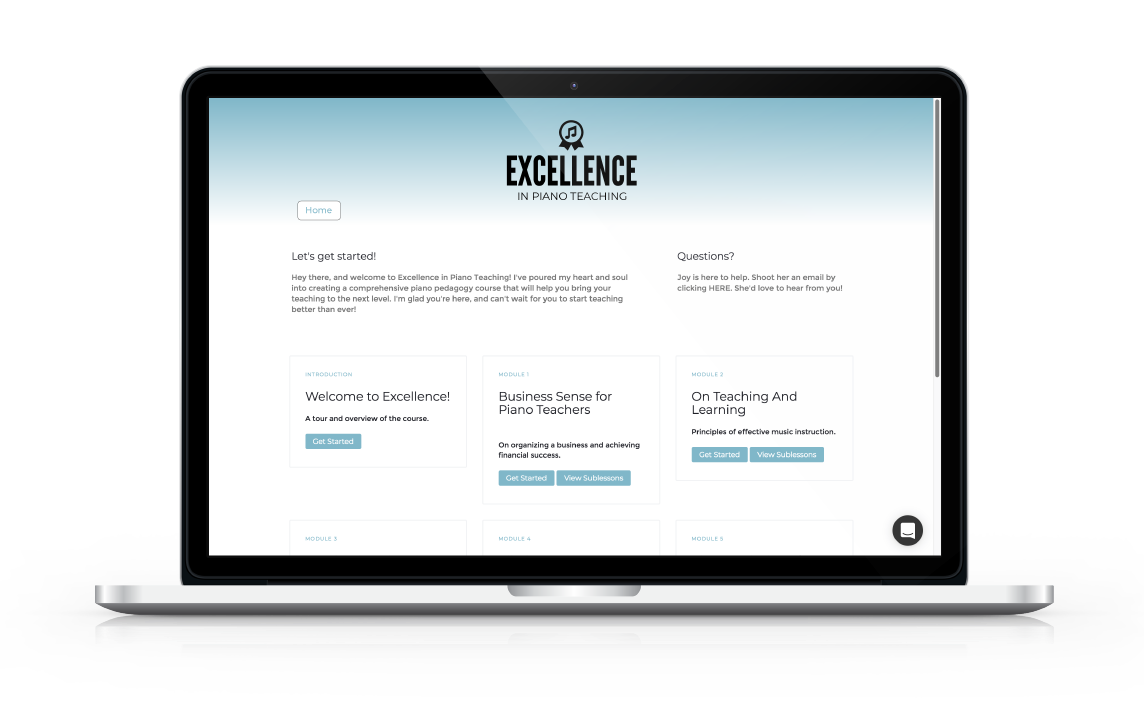
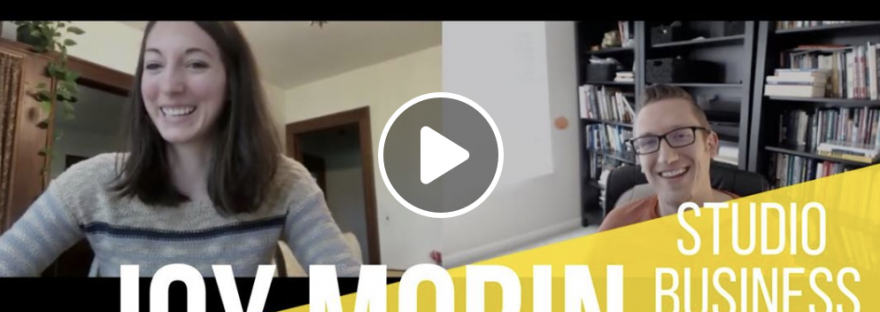

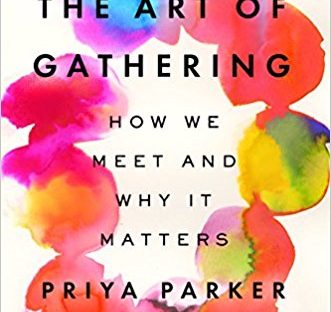
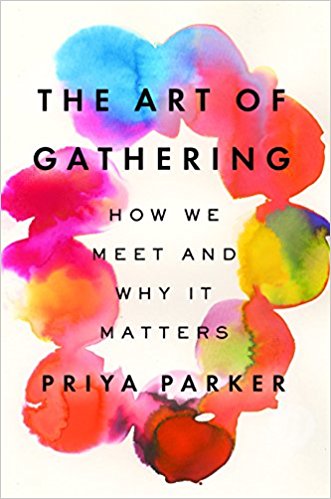
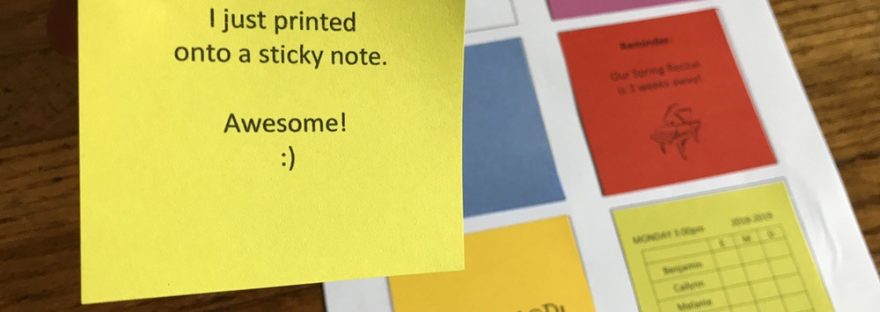
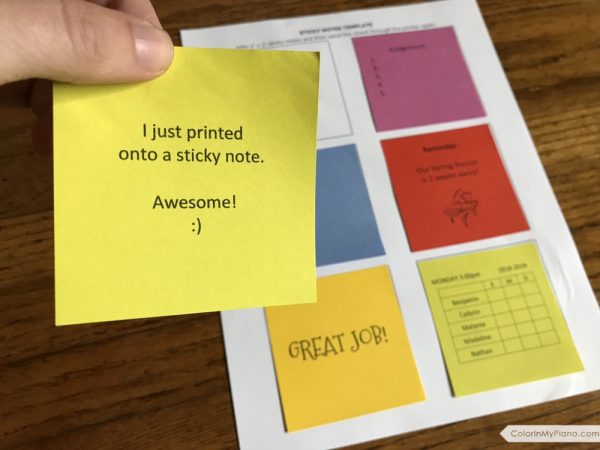

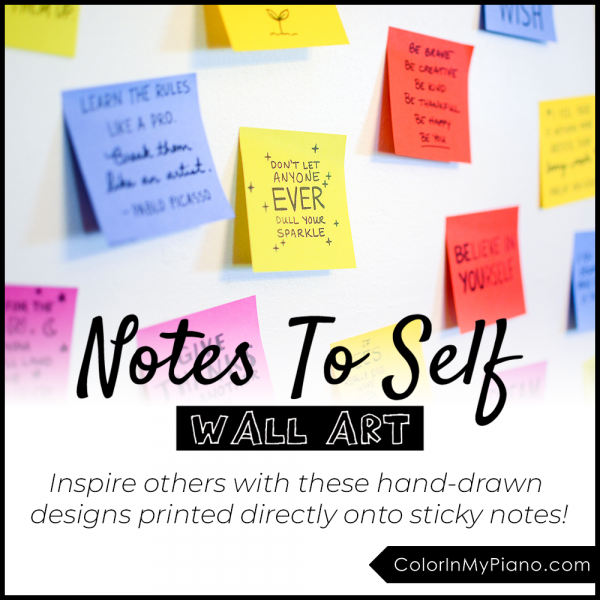
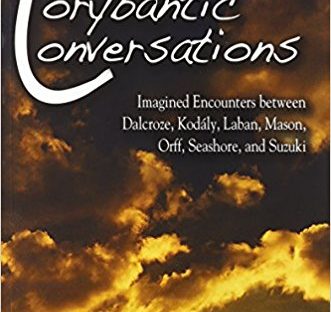
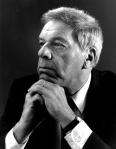
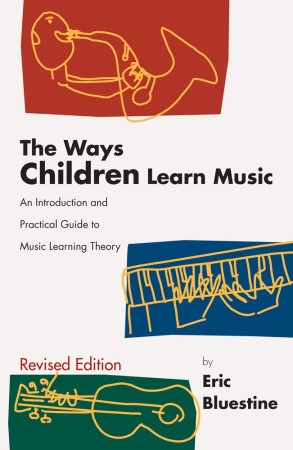
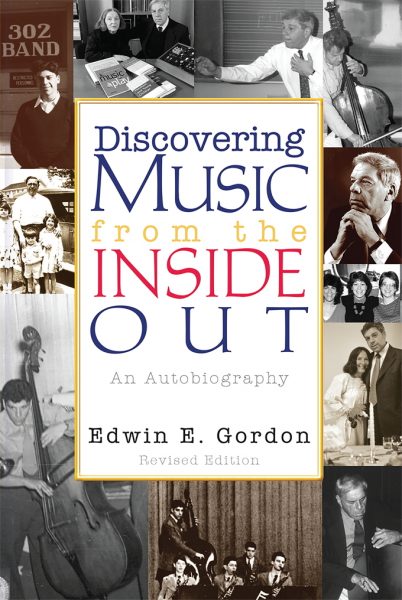 Discovering Music from the Inside Out: An Autobiography – Revised edition, by Edwin E. Gordon
Discovering Music from the Inside Out: An Autobiography – Revised edition, by Edwin E. Gordon




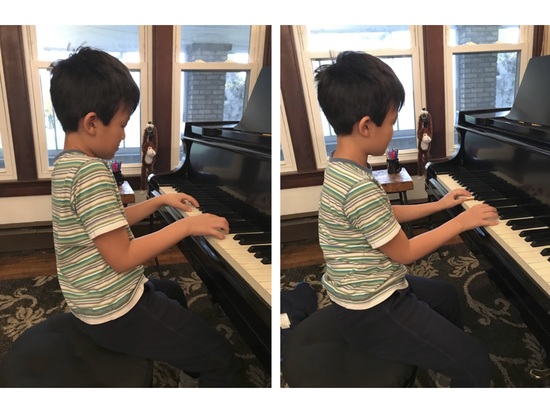
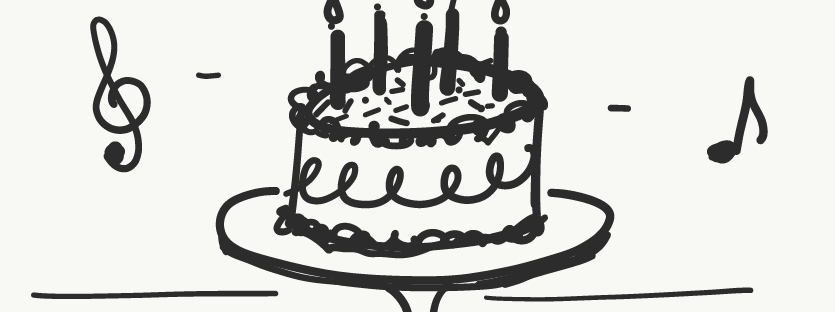
 For piano teachers, it’s that time of year: recital season! We are in the process of coaching our students to polish and perfect their recital selections.
For piano teachers, it’s that time of year: recital season! We are in the process of coaching our students to polish and perfect their recital selections.